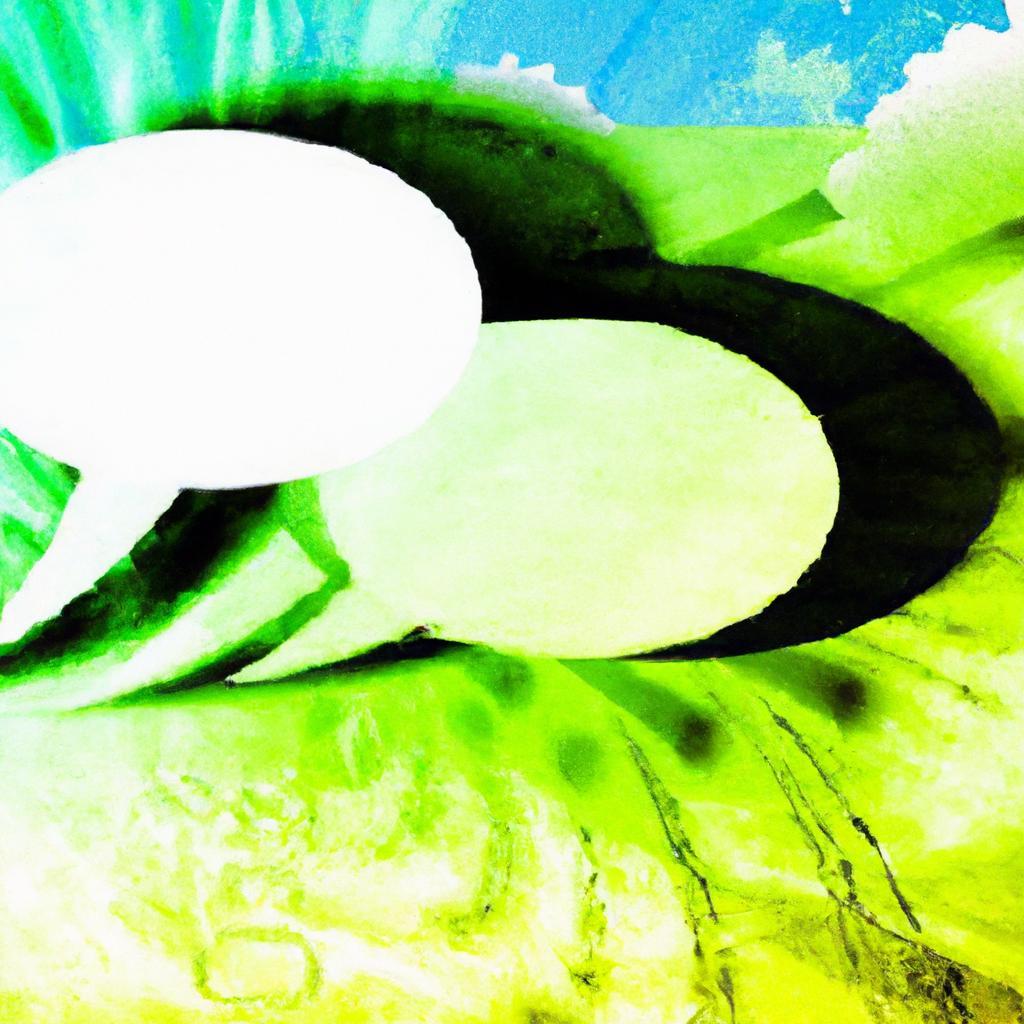
The Ethics of Content Creation: Dos and Don’ts
In today’s digital age, content creation has become a ubiquitous practice, with individuals and businesses constantly churning out material to capture the attention of online audiences. However, amidst the flurry of posts, videos, and articles being produced, it’s crucial to pause and reflect on the ethics of content creation. What are the dos and don’ts that content creators should abide by to maintain integrity and respect in their work? Let’s delve into the key considerations that shape ethical content creation in the digital realm.
Table of Contents
- Understanding Copyright Laws in Content Creation
- Guidelines for Proper Attribution and Crediting
- Avoiding Plagiarism and Unethical Practices
- Balancing Transparency and Authenticity in Content Development
- Q&A
- In Conclusion
Understanding Copyright Laws in Content Creation
When it comes to creating content, it is essential to understand the dos and don’ts of copyright laws to ensure you are not infringing on someone else’s intellectual property. One important rule to follow is to always give credit where credit is due. If you are using someone else’s work, make sure to properly attribute it to them. This could be in the form of a citation, a mention in the caption, or a link back to their original work.
On the flip side, it is crucial to avoid using copyrighted material without permission. This includes images, videos, music, and written content. If you are unsure whether something is copyrighted or not, it is best to err on the side of caution and either seek permission or find an alternative. Remember, respecting copyright laws not only protects the rights of creators but also helps maintain integrity and credibility in the content creation community.
Guidelines for Proper Attribution and Crediting
It is crucial to give proper attribution and credit when using content created by others. Not only is it a matter of ethical conduct, but it also respects the hard work and effort put into creating the original content. Remember, giving credit where it’s due is a sign of respect and integrity in the digital world.
Here are some dos and don’ts to keep in mind when attributing and crediting content:
- Do: Provide a clear source for the content you are using, whether it’s a direct link, mention of the creator’s name, or both.
- Do: Ask for permission if you are unsure about the usage rights of the content.
- Don’t: Claim someone else’s work as your own.
- Don’t: Neglect to give credit just because it’s convenient.
Avoiding Plagiarism and Unethical Practices
When it comes to creating content, it’s important to uphold ethical standards and avoid plagiarism at all costs. Plagiarism not only undermines your credibility as a creator but also violates copyright laws. To ensure your content is original and ethical, here are some dos and don’ts to keep in mind:
Do:
- Cite your sources properly to give credit to the original creators.
- Use quotation marks when directly quoting someone else’s work.
- Paraphrase information in your own words and provide a citation.
Don’t:
- Copy and paste content from other sources without attribution.
- Claim someone else’s work as your own.
- Rely solely on other people’s work without adding your own insights or analysis.
Balancing Transparency and Authenticity in Content Development
When it comes to creating content, it is important to strike a balance between transparency and authenticity. Being transparent means being honest and open about your intentions and motivations behind the content you are creating. Authenticity, on the other hand, involves being genuine and true to yourself and your brand. In order to create ethical content, you must find the sweet spot between these two.
Do’s:
- Do be honest about any sponsorships or partnerships you have.
- Do use your own unique voice and tone in your content.
- Do provide sources and references for any claims you make.
Don’ts:
- Don’t mislead your audience with false information.
- Don’t plagiarize or copy content from other creators.
- Don’t compromise your values or beliefs for the sake of creating popular content.
Q&A
Q: What are some ethical dos when it comes to content creation?
A: Some ethical dos include giving credit to sources, fact-checking information, and being transparent about partnerships or sponsorships.
Q: Why is it important to be ethical in content creation?
A: Being ethical in content creation builds trust with your audience and upholds your credibility as a creator.
Q: What are some ethical don’ts that content creators should avoid?
A: Some ethical don’ts include plagiarizing content, spreading misinformation, and manipulating data for personal gain.
Q: How can content creators ensure they are staying ethical in their work?
A: Content creators can ensure they are staying ethical by following industry guidelines, seeking feedback from peers, and reflecting on their own values and intentions.
Q: What impact can unethical content creation have on society?
A: Unethical content creation can lead to the spread of misinformation, harm to individuals or communities, and a loss of trust in media and creators.
In Conclusion
As content creators, it is essential for us to always be mindful of the impact our work can have on others. By respecting ethical guidelines and following the dos and don’ts outlined in this article, we can ensure that our content is not only compelling and engaging, but also responsible and respectful. Remember, the power of content creation comes with great responsibility. Let us strive to create content that reflects our values and beliefs, and always consider the ethical implications of our actions. Thank you for reading and happy creating!

